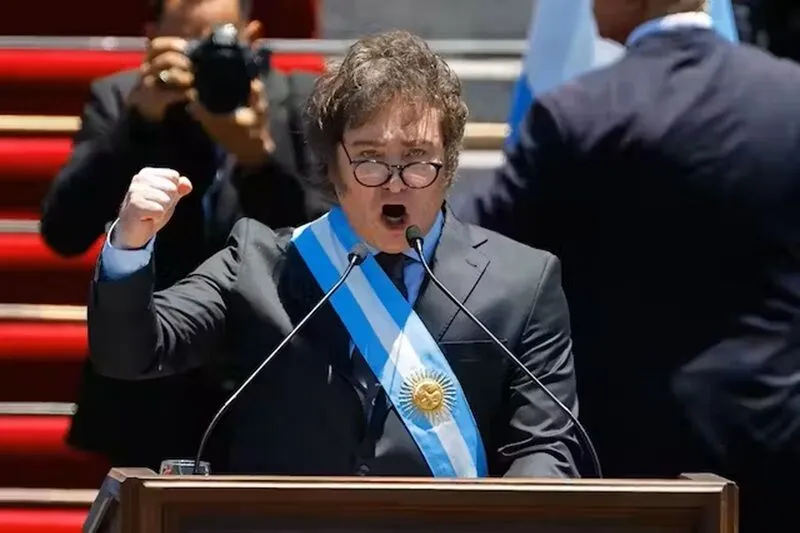Argentine Workers Confront Their Hardest Challenge to Employment Rights Since the 1970s Military Dictatorship
In November 2023, Javier Milei was elected president of Argentina. As an economist promising economic reforms, Milei has begun making decisions that concern workers. His actions evoke a difficult time under military rule in the 1970s. He issued an 82-page document proposing numerous rule changes to make the system less regulated, emulating Chile under General Pinochet.
One significant change impacts workers’ abilities to advocate for their rights. Milei wants to limit strikes, protests, and negotiations between labor and management. This would also affect unions, healthcare benefits, and parental leave. While Milei says it will improve the economy, history suggests such actions may only create low-quality jobs without truly helping workers.
Milei did not stop there. A subsequent 664-point document proposed privatizing state companies, altering electoral processes, and introducing new taxes. He also declared emergencies in various areas to assume special authority for two years without constant legislative approval.
Not all agree with Milei’s actions. Some have challenged him in court for allegedly overstepping constitutional bounds. A court halted one policy change, questioning its purported urgency. A major union, CGT, has called for a national work stoppage to demonstrate dissatisfaction.
Despite domestic opposition, Milei has found support from the US, IMF, and like-minded foreign leaders. Workers recall a similar weakening of unions and job protections in 1976, worrying about repeating that history.
Argentines remain uncertain how events will unfold. Milei’s reforms risk diminishing worker protections, though they may also galvanize solidarity and alternative solutions to benefit all of society. The full impact of his still evolving changes remains unclear.



Comments
Post a Comment